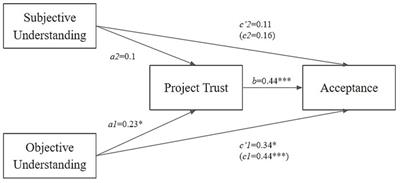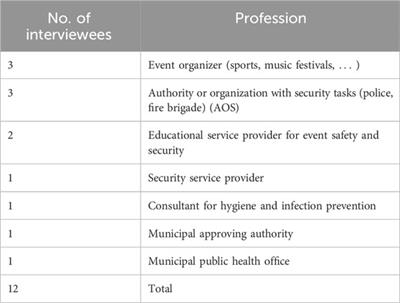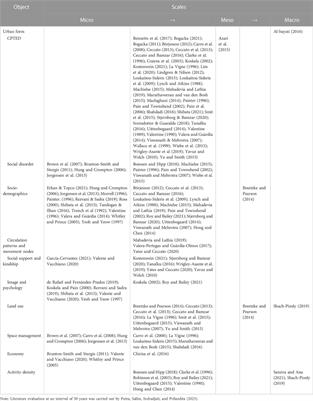ORIGINAL RESEARCH
Published on 04 Jul 2025
Exploring the relationship between audio–visual perception in Fuzhou universities and college students' attention restoration quality using machine learning
doi 10.3389/fpsyg.2025.1572426
- 2,264 views
- 4 citations



